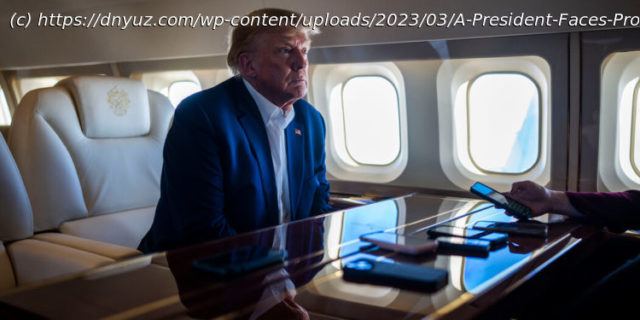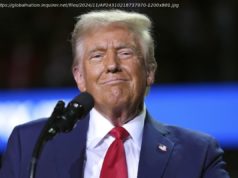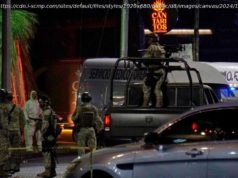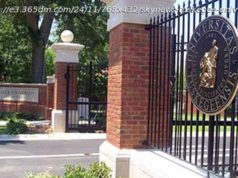Array
For the first time in American history, a grand jury has voted to indict a former president of the United States on criminal charges. It is worth pausing to repeat that: A grand jury has voted to indict an American president for a crime for the first time in history.
So many unthinkable firsts have occurred since Donald J. Trump was elected to the White House in 2016, so many inviolable lines have been crossed, so many unimaginable events have shocked the world, that it is easy to lose sight of just how astonishing this particular moment really is.
For all of the focus on the tawdry details of the case or its novel legal theory or its political impact, the larger story is of a country heading down a road it has never traveled before, one fraught with profound consequences for the health of the world’s oldest democracy. For more than two centuries, presidents have been held on a pedestal, even the ones swathed in scandal, declared immune from prosecution while in office and, effectively, even afterward.
No longer. That taboo has been broken. A new precedent has been set. Will it tear the country apart, as some feared about putting a former president on trial after Watergate? Will it be seen by many at home and abroad as victor’s justice akin to developing nations where former leaders are imprisoned by their successors? Or will it become a moment of reckoning, a sign that even someone who was once the most powerful person on the planet is not above the law?
“Whether the indictment is warranted or not, it crosses a huge line in American politics and American legal history,” said Jack L. Goldsmith, a Harvard Law professor and former top Justice Department official under President George W. Bush.
If that were not enough to shake the timbers of the republic, the first may not be the last. Mr. Trump could face a second indictment in Georgia and a third from federal prosecutors and potentially even a fourth.
There is consternation that the barrier-shattering indictment could involve something as unseemly as paying hush money to cover up a sexual romp. Given that the defendant has been involved in far more earth-shattering events like trying to overturn an election and inspiring an attack on the Capitol to prevent the transfer of power, the allegations by Manhattan prosecutors seem less than epochal.
But if the issue is accountability, then the case could redraw the lines and make it less daunting for prosecutors in Georgia and Washington to follow suit by charging more serious crimes if they have the evidence, since they will not have to bear the burden of justifying action never taken before. Leave it to the only president ever impeached in Congress twice to face so many prosecutions that lawyers need a scorecard just to keep track.
While the grand jury’s vote to indict Mr. Trump takes the country into uncharted waters, the authors of the Constitution might have been surprised only that it took so long. Justice Department policy maintains that sitting presidents cannot be indicted, but the framers explicitly contemplated the prospect of them being charged after leaving office.
A president impeached by the House and convicted and removed from office by the Senate “shall nevertheless be liable and subject to indictment, trial, judgment and punishment, according to law,” Article I, Section 3 of the Constitution declares.
“Generally, we consider that language to suggest that, whatever may happen with respect to an impeachment while a president is in office, he still may be held liable civilly or criminally after he leaves office for his misconduct in office,” said Michael J. Gerhardt, a constitutional law professor at the University of North Carolina.
In other words, no former president was immune from criminal liability.






